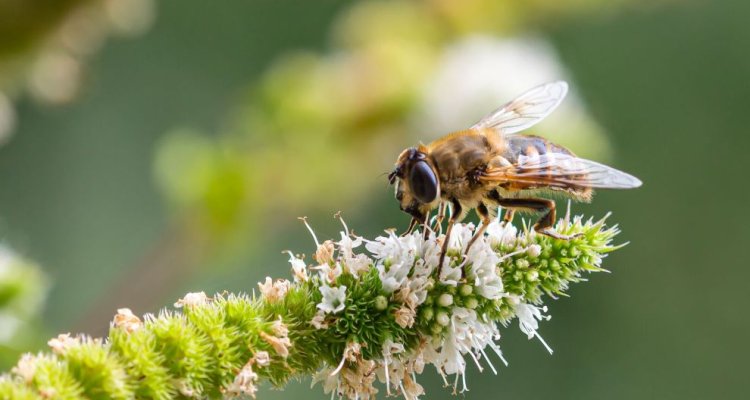
News
Improved knowledge transfer for sustainable insect breeding
Understanding the genetics of large livestock species has made a big difference to the advancement of farming systems, but little effort and research has been put into developing structured breeding programs to ensure genetic improvement of insect species. The Insect-IMP COST Action aims to support and coordinate research efforts in the field of insect breeding and genetics.
The global population is expected to increase to 10 billion by 2050, bringing with it an increased demand for food (specifically protein). Insect farming can play a major role in securing global food security, reducing the environmental footprint of food production, and increasing sustainability of modern farming systems. However, to achieve these goals, further research into developing structured breeding programs to ensure genetic improvement of insect species is necessary.
“This COST Action was the outcome of a great insect genetic session at the WCGALP 2022 in Rotterdam,” says Aniek Bouwman, researcher at Animal Breeding and Genomics (ABG) and Management Committee member of the Insect-IMP COST Action. “All the researchers that took part in the session recognized the need to strengthen this field, and it was great to see how two young female researchers (Jana Obsteter and Gertje Petersen) took the lead and transformed all the ideas that were put forward into this COST Action proposal.”
Towards sustainable insect production
The Insect-IMP COST Action aims to connect researchers from various fields of genetics, entomology and veterinary sciences, both with each other and with other stakeholders across the entire farmed insects sector. The collaboration within the Action will enable a more sustainable growth in the insect farming sector, advance European research capacity, and support educated decisions on insect breeding regulations.
“I hope the COST Action will help us to provide guidelines and suggestions on how to apply genetic selection in insect production,” says Aniek. “This means breeding goals need to be defined and new techniques for large scale phenotyping need to be developed, alongside with selection strategies to minimize inbreeding and trade-offs.”
What are COST Actions?
COST Actions are interdisciplinary research networks that brings together researchers and innovators to investigate a topic of their choice for four years. COST Actions are typically made up of researchers from academia, SMEs, public institutions and other relevant organizations or interested parties. They offer an inclusive, pan-European environment for individuals of all levels of seniority to grow their professional network and boost their careers.
More information about the COST Actions can be found on the COST-website and in the Memorandum of Understanding (MoU).